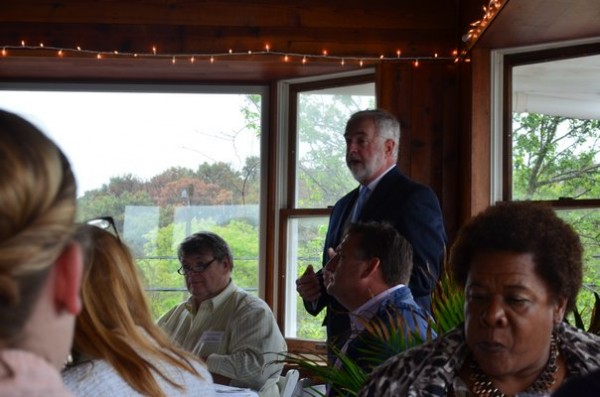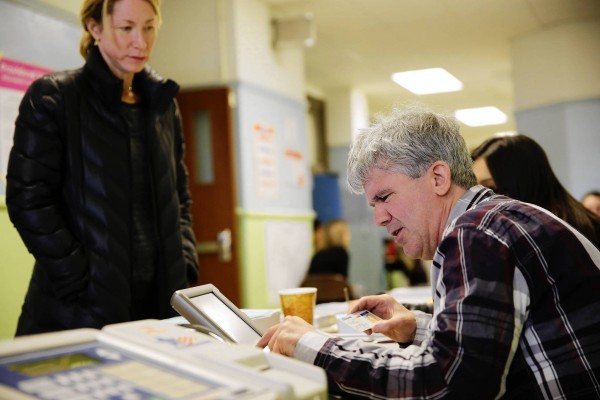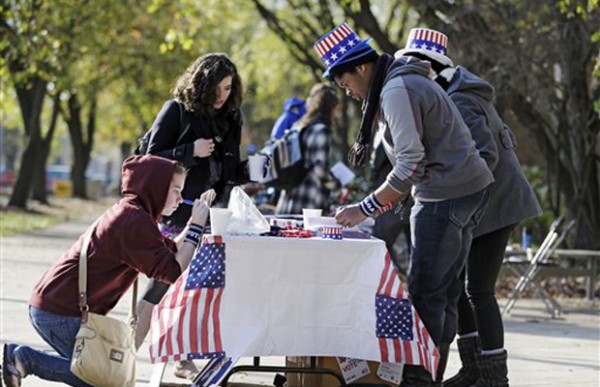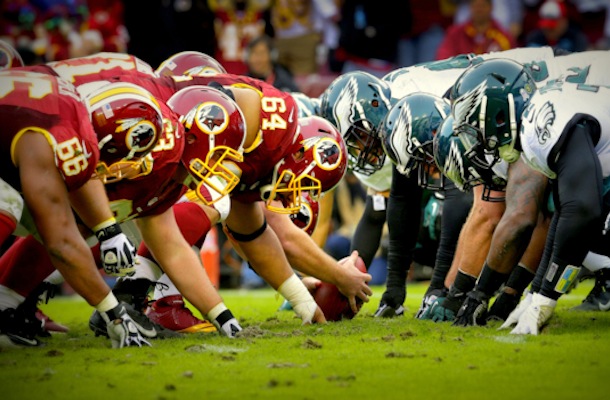As the decision season warms up in New Hampshire, so excessively does the blast of surveying and crusade calls.
In front of this crusade cycle, the state has limited its meaning of push surveys, a telephone call that seems like a surveying review however rather is utilized to spread negative data around a competitor.
The progressions to the state’s current law elucidate the distinction between push surveys and exploration reviews and have been adulated by surveyors and examination firms indistinguishable. The recently redesigned law has been in actuality since the spring, as per the lawyer general’s office.

Presently, the state obliges guests running push surveys to distinguish themselves, state who is paying for the call and make it clear that the call is a “paid political notice” before posing any questions around a hopeful.
Furthermore the enactment limits what constitutes a push survey – calls that last short of what two minutes, achieve a specific number of voters and aren’t directed for authentic study and feeling exploration.
“It’s currently a brilliant line guideline . . . it is possible that it meets the criteria or it doesn’t,” said state Sen. David Pierce, a Lebanon Democrat who co-supported the enactment passed in April. It’s the volume of calls, and their length, that truly recognizes push surveys from surveying exploration. “Authentic assumption surveying takes longer than two minutes to lead,” Pierce said.
“I think these are great rules,” said state Sen. Jeb Bradley, a Wolfeboro Republican who co-supported the enactment. “In the event that you need to do push surveying, you need to recognize it and who paid for it,” he said.
Surveyors and exploration firms have commended the change also. They said the state’s prior law on push surveys was excessively wide and subsequently had a chilling impact on honest to goodness surveying and crusade look into in the state.
“Presently, its simpler to characterize what a push survey is, and all the more essentially what’s not a push survey,” said Andy Smith, chief of the University of New Hampshire Survey Center.
Only in light of the fact that a survey contains negative data around an applicant doesn’t make it a push survey, he said.
Battles routinely participate in message testing when they get some information about their applicants or their adversaries to evaluate qualities and shortcomings and whose messages reverberate.
“It’s exceptionally imperative,” Smith said, and a path for fights to sharpen their message.
As a rule, message testing overviews and surveys will approach voters for their demographic data, though push surveys won’t, he said. Examination surveys will normally contain a few inquiries in an overview that keeps going minutes, while push surveys by and large comprise of just a couple of inquiries with a specific end goal to achieve more individuals in less time.
“Push surveying is not intended to gather any data, truly,” Smith said. “It is fight promoting masked as a survey.”
New Hampshire’s past law on push surveying, sanctioned in 1998, was so expansive it made it hard to implement any infractions, Bradley said. That law said making inquiries in regards to restricting applicants that offer data on their “character, status or political stance or record” could be considered push surveying.
The law, however well meaning, made it hard to get some information about a competitor’s record, said John Mchenry, VP of North Star Opinion Research, which has done overviews in the state.
This crusade season, the lawyer general’s office has gotten around about six calls from inhabitants who reported getting push surveys. In any case in this way, the greater part of the objections have not met the law’s new benchmarks in light of the fact that the calls went on more than the two-moment timeline, said Assistant Attorney General Steve Labonte.
Notwithstanding being short of what two minutes, under the recently updated law a telephone review needs to reach no less than 2,000 individuals for government races, 500 individuals for state or nearby decisions, or 200 for state agent races with a specific end goal to be viewed as a push survey.
Scientist and surveyors normally call a set specimen size for studies, though push surveys attempt to reach however many voters as would be prudent.
Push surveys are characterized as calls for purposes other than “real review and presumption exploration,” as per the law’s new wording.
The strict definition could make conceivable provisos, a couple of authorities said. In any case, Mchenry said, its tricky to compose a law that permits honest to goodness explore yet doesn’t have any provisos.
Smith said push surveying is moderately uncommon in New Hampshire. Firms “need to get data about hopefuls, figure out what issues are best and slightest viable,” he said.
The recently limited push survey definition makes it simpler for the state’s Department of Justice to filter out the calls it needs to explore, Labonte said.
“One of the first inquiries I will ask is, ‘Well, to what extent was the call?’ ” Labonte said.








